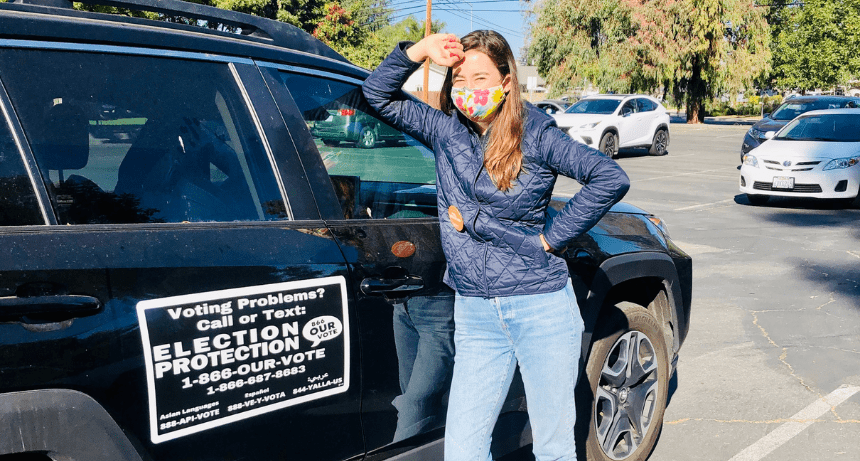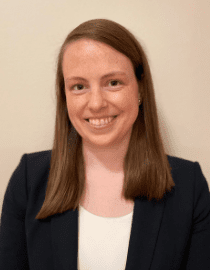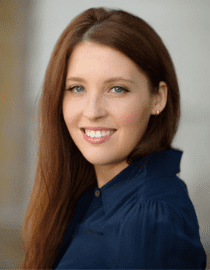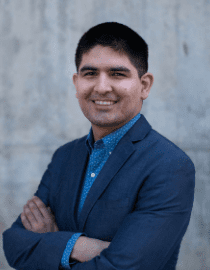
By Gwyneth K. Shaw
The hard-fought 2020 election pushed many Berkeley Law students to advocate for campaigns, organizations, and causes. For those in the student-led Political and Election Empowerment Project (PEEP), a new partner is stretching their work into the critical 2021 redistricting year.
Members of PEEP — one of the school’s 38 current Student-Initiated Legal Services Projects — reached out to the San Francisco-based Asian Americans Advancing Justice – Asian Law Caucus because they wanted to work with a local organization.
They spent the fall scrutinizing data from metropolitan areas around the country, to ensure underrepresented populations would be protected during redistricting. They helped the group identify areas where districts might be drawn including a majority of Asian Americans, or a combination of minority groups.

“The work that we have done with ALC this semester is a great example of the breadth and variety of work that lawyers perform,” says Molly Haley ’22. “From interpreting data sets to helping poll workers comply with election laws, there is so much to being a lawyer beyond analyzing cases and writing briefs. PEEP has allowed us to gain exposure to these skill sets.
“It’s also inspiring to see how dedicated our supervising attorneys are to this work and to see the magnitude of the impact their work can have.”
Building new skills
The students pored over U.S. Census data and other sources, then drafted memos to help guide Asian Law Caucus as the redistricting process moves forward later this year.
“Even though most of us spent last semester in safe states like California, it was still incredibly exciting to play a key role in the electoral process,” says Aaron Esparza ’22. “Since redistricting only occurs once every 10 years, this is a rare moment to take part in. Hopefully our research sheds light so that politicians ensure that all voters are given an equal voice.”
This spring, PEEP members are switching gears and focusing on language access for voters, researching language access voting laws outside California and drafting model legislation.
“One of the highlights for us is the emphasis on collaborative research with fellow classmates combined with the introduction to other areas of the legal profession that we aren’t necessarily exposed to in the classroom,” says Paige Wahoff ’22.
Many PEEP members also volunteered during election season, doing poll monitoring and other direct work, which brought them even closer to the difficulties voters can face.

Haley was a poll monitor in Yolo County during the early voting period the weekend before Election Day, and got a firsthand look at the ways the pandemic challenged poll workers. One example was when non-English ballot access areas were hidden because of limited table space and the plexiglass barriers installed to increase safety.
“Fortunately, everyone was willing to come up with better solutions to ensure these materials were visible to voters, as required,” Haley says.
Sara Clark ’23 worked in the electoral and civic technology space for five years before she began law school, learning that structural barriers to the polls are an obstacle to even the most motivated voter. She came to Berkeley Law determined to use her legal training to promote equal and easy voting access.
As a 1L working with PEEP, she got demographic research experience. Clark spent her fall Saturdays working at an election protection hotline, helping voters navigate attempts at voter suppression and various pandemic-related complications.
Real-time efforts
On Election Day, she was a poll monitor in Contra Costa County, and witnessed the strengths and weaknesses of a community polling place.

“This combination of opportunities only strengthened my motivation to be a lifelong advocate for voting rights,” Clark says. “I aim to combat restrictive and expand beneficial electoral policies, using the strength of the law to elevate voices that would not otherwise be heard at the ballot box.”
The service components have been exciting, Esparza says, but the group is also a great place to get to know other students with a zeal for law and politics, and how they intersect — especially now.
“We live in such unprecedented times that honestly spending an hour or so every week with other passionate students teaches me more than any case book could.”